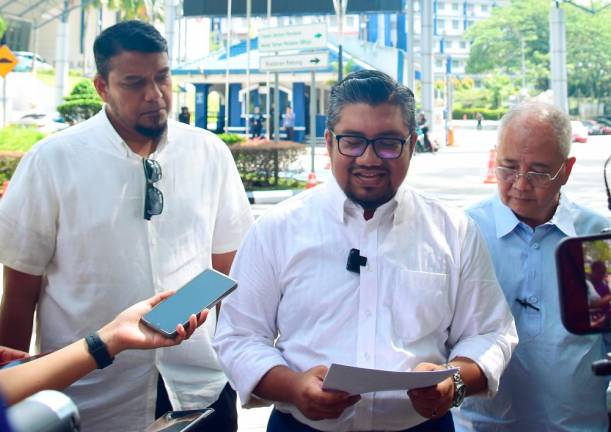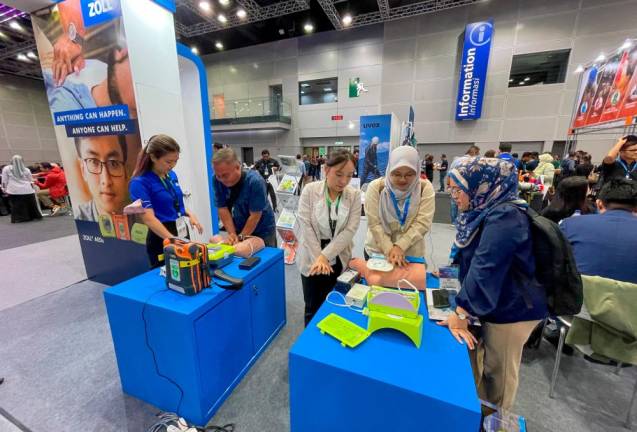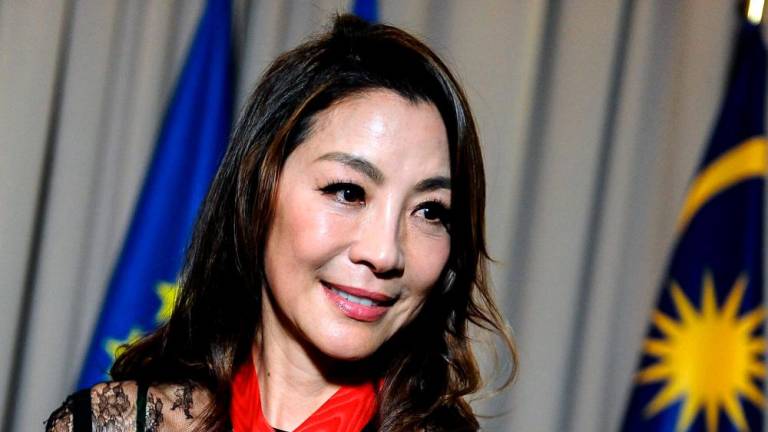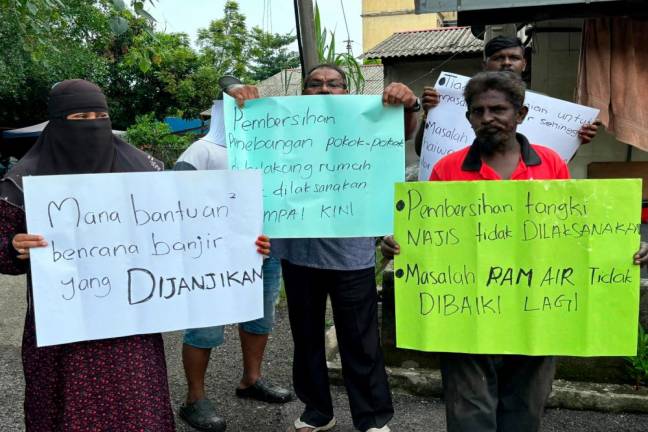PETALING JAYA: The need for validation in the virtual world is a major factor for some teenagers, and it sometimes leads to them taking their own lives.
The condition is further exacerbated by lack of parental attention and dysfunctional family ties, according to experts.
Child activist Dr Hartini Zainuddin pointed out that the virtual world has opened up a new avenue for children to seek and find validation.
“Such validation is measured by how popular they are on social media platforms such as Instagram, Tik Tok and Snapchat,” she said.
“They believe that such virtual popularity will eventually transform into real life acceptance by their peers, or that it could help them solve their problems,” she told theSun yesterday.
Hartini, who is also founder of Yayasan Chow Kit – a 24-hour drop-in centre for at-risk children – was commenting on a statement by Deputy Health Minister Dr Lee Boon Chye that the prevalence of suicide among teenagers was on the rise.
Lee had stated that the suicide rate among those aged 13 to 17 had risen from 7.9% in 2012 to 10% in 2017.
Hartini pointed out that children needed to be accepted, especially by their peers, and failing to get the “required” number of followers or “likes” on social media, or being kicked out of a peer group would put them under pressure.
“Stress brought on by real life issues such as school life, homework and getting good grades can add to the pressure and lead them to have suicidal thoughts,” she added.
Universiti Kebangsaan Malaysia psychologist Prof Dr Rohaty Mohd Majzub said children now communicated less with their family members, who are supposed to show more empathy.
“But by going online, virtual friends in cyberspace may make them feel worse and even trigger suicidal tendencies,” she said.
Befrienders Kuala Lumpur executive director Kenny Lim said teenagers who face family problems, particularly with their parents, were at higher risk of committing suicide.
Meanwhile, the National Union of the Teaching Profession proposed that teachers be trained to deal with students who were at risk of taking their own lives.
Its president Aminuddin Awang said this could be done by introducing a training programme on suicide among students to get teachers to learn about suicide and its prevention.











